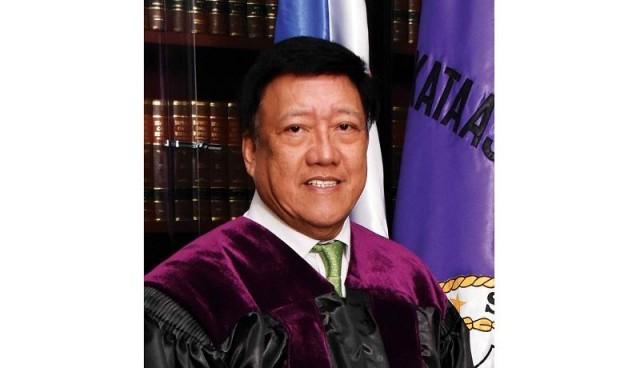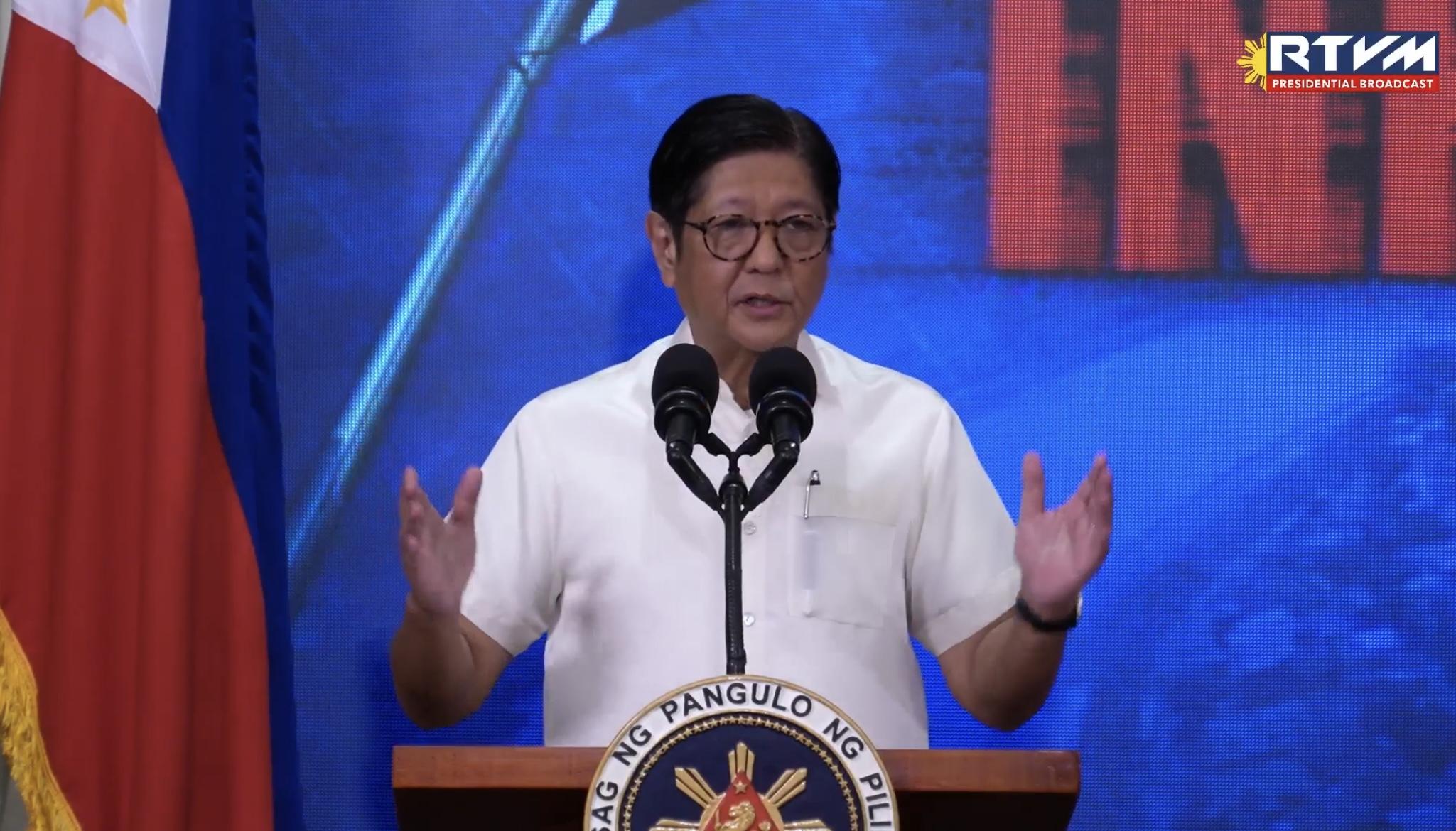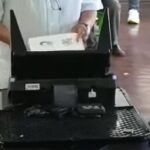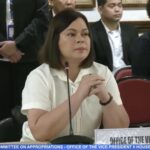Filtered by: Topstories
President Ferdinand “Bongbong” Marcos Jr. named former Supreme Court Associate Justice Andres Reyes Jr. the chairperson of the Independent Commission for Infrastructure, the body which will investigate anomalous flood control projects.
Marcos announced this during a press conference at the Kalayaan Hall.
“Justice Andy Reyes will be the chairperson of the ICI. He was a presiding judge of the Court of Appeals before. He has been a… for a very, very long time with a very good record of honesty and fairness, and a good record of being able to find justice for those who have been victimized,” Marcos said.

Who is Andres Reyes Jr.?
Reyes retired in May 2020, the first magistrate to be honored in online retirement rites amid quarantine and physical distancing rules brought on by COVID-19.
He became a trial judge in 1987, a Court of Appeals justice in 1999, presiding justice of the appellate court in 2010, and was appointed to the highest Philippine court in 2017.
Reyes is a third generation justice, being the son of former Court of Appeals presiding justice Andres Reyes Sr., and the grandson of CA and later SC justice Alex Reyes Sr.
Two members of the ICI were revealed, including former Public Works Secretary Rogelio “Babes” Singson and Rossana Fajardo, country managing partner at auditing firm SGV and Co.
Baguio City Mayor Benjamin Magalong was named as the body’s special adviser.
Through Executive Order No. 94, the ICI has been tasked to investigate and evaluate evidence, intelligence reports, and information, against all government officials and employees, as well as any other individual, involved in anomalies, irregularities, and misuse of funds in the planning, financing, and implementation of government flood control and other infrastructure projects across the country.
The ICI shall prioritize the investigation of flood control and other infrastructure projects within the last ten years from the effectivity of the said order.
Based on its findings, the body shall recommend civil and administrative cases or actions against those responsible to the appropriate disciplinary, prosecutorial, and administrative bodies, such as the Office of the President, Office of the Ombudsman, the Department of Justice, and the Civil Service Commission.
Investigative body, contempt powers not necessary
Marcos explained that the ICI was not a prosecutorial body but an investigative body. He said the body having contempt powers was not necessary.
“So, what the commission will do is that they will investigate, they will call people in, they will subpoena records, they will conduct hearings and once they have their findings, they will forward those findings to the proper agency – should it be the Ombudsman, should it be the DOJ; if it’s an administrative case by government employees, to the Civil Service Commission and all of the proper agencies, it is where they will make recommendations,” he said.
“And, if such personalities continue to avoid or not cooperate with the Ombudsman or the DOJ, they will be cited in contempt. So, we do not lose that power and capability to hold people in contempt should they not cooperate, should they not respect subpoenas etcetera,” he added.
Ten-year scope
The President also explained the rationale behind the ten-year scope of the probe into infrastructure projects.
Basically, Marcos said that the Commission on Audit only keeps records for ten years.
“The practical answer is this: COA is only required to keep records for 10 years. So, those are the records that we know we have that we are sure can help,” Marcos said.
“Second is that we’ll do it for as long as possible because we’ve discussed a lot of things already and what’s important to me is that we know why we ended up in this situation? Why did our government become like this? Why did this kind of bidding happen? Why did the awarding of contracts become like this? How did this evolve?” he added






